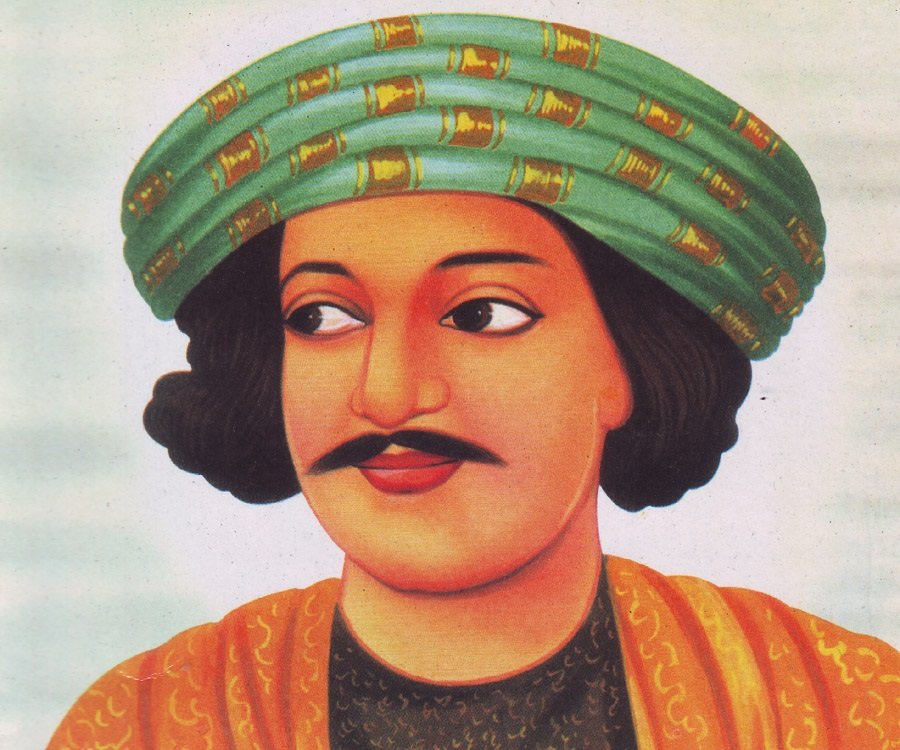Socio-Religious Reformers of India Important Reformers And their Contribution
All you need to know about Important Reformers of India and changes they brought in society
He was regarded as the First modern intellectual of India. Raja Ram Mohan Roy was also known as Father of Indian Renaissance. He believed thatIndian Society is suffering from backwardness and stagnation and was deeply disturbed by the presence of social evils – Sati, Child Marriage, Female infanticide
Rajaji aimed at eradication of obsolete rituals, superstitions, rigidity of caste system and idol worship. He represented fusion of eastern and western culture.

- Book- Gift to Monotheist- “Tuhfat-ul-muwahhidin”, Persian (1809)
- Started Atmiya Sabha in 1815, Calcutta
- Founded Brahma Samaj in 1828, later came to be known as Brahmo Samaj in 1830
DebendraNath Tagore
- He was the father of Rabindranath Tagore.
- He founded Tatvabodhini Sabha in 1839.
- Gave new life to Brahmo Samaj, when it became difunctional after the death of Raja Rammohan Roy.
- In 1843 he reorganised Brahmo Samaj.
- In 1850 he released a volume of scriptures known as Brahma Dharma.
Pandit Ishwar Chandra Vidyasagar
- Great scholar and reformer of Bengal.
- He contributed mainly in field of education and emancipation of women.
- He became principal of Sanskrit College, Calcutta in 1851.
- His thoughts presented perfect blend of Indian and Western culture.
- Though he led a long struggle against child marriage but he remembered the best for his support to widow remarriage.
- He was granted the title of Vidyasagar for his intellect.
JyotibaPhule
- He campaigned against the untouchability and the pathetic condition of low caste.
- Founded SatyashodhakSamaj in 1873 at Pune.
- All his ideas were compiled in his work titled Satyashodhak (published 1887).
- His organisation mainly worked for oppressed classes.
- He endorsed girls education in and around Pune with his wife Savitribai Phule.
Read more: Insight on the Evolution of NAM, its relevance and 18th NAM summit.
Gopal Hari Deshmukh
- He was called Lokhitawadi for his efforts towards social reforms.
- His greatest contribution was in the field of journalism and literature.
- He authored a number of works which included a periodical Prabhakar and a collection of articles known as Shatapatree.
- It was later compiled under the LokhitawadikritaNibandhasangrha.
- Attributed the lossof political freedom of Hindus to 8 causes – ignorance, loss of learning, dominance of brahmins, misguided notions about religion, fatalism and blind traditionalism.
- He was also called the morning star in the Indian National Movement.
Swami Vivekanand
- He was born as Narendra Dutta
- Played an instrument role in bringing socio-religious reforms
- He was influenced by his guru Ramakrishna Paramahansa, who popularised principles of Bhakti, meditation and ways of renunciation
- He propagated the idea of modern or neo Hinduism and took Indian philosophies to international from.
- He founded Ram Krishna mission in 1897.
- He delivered famous speech at Parliament of religions at Chicago, USA 1893
Advocated peaceful coexistence of Hindus and Muslims and condemned caste system
Swami Dayanand Saraswati
- Born as MulShanker in a Brahmin Family of Gujarat in 1824
- Wrote Satyarth Prakash and VedBhasya
- Accepted the doctrine of Karma and gave the slogan back to Vedas
- Established Anglo-vedic School at Lahore in 1886 & Gurukul Pathshala at Haridwar in 1902
- Gave the political slogans as India for the Indians.
He was against idolatry, caste system, polytheism, meaningless rituals and Magic Charms.
For more such informative articles stay tuned to OWN TV.
